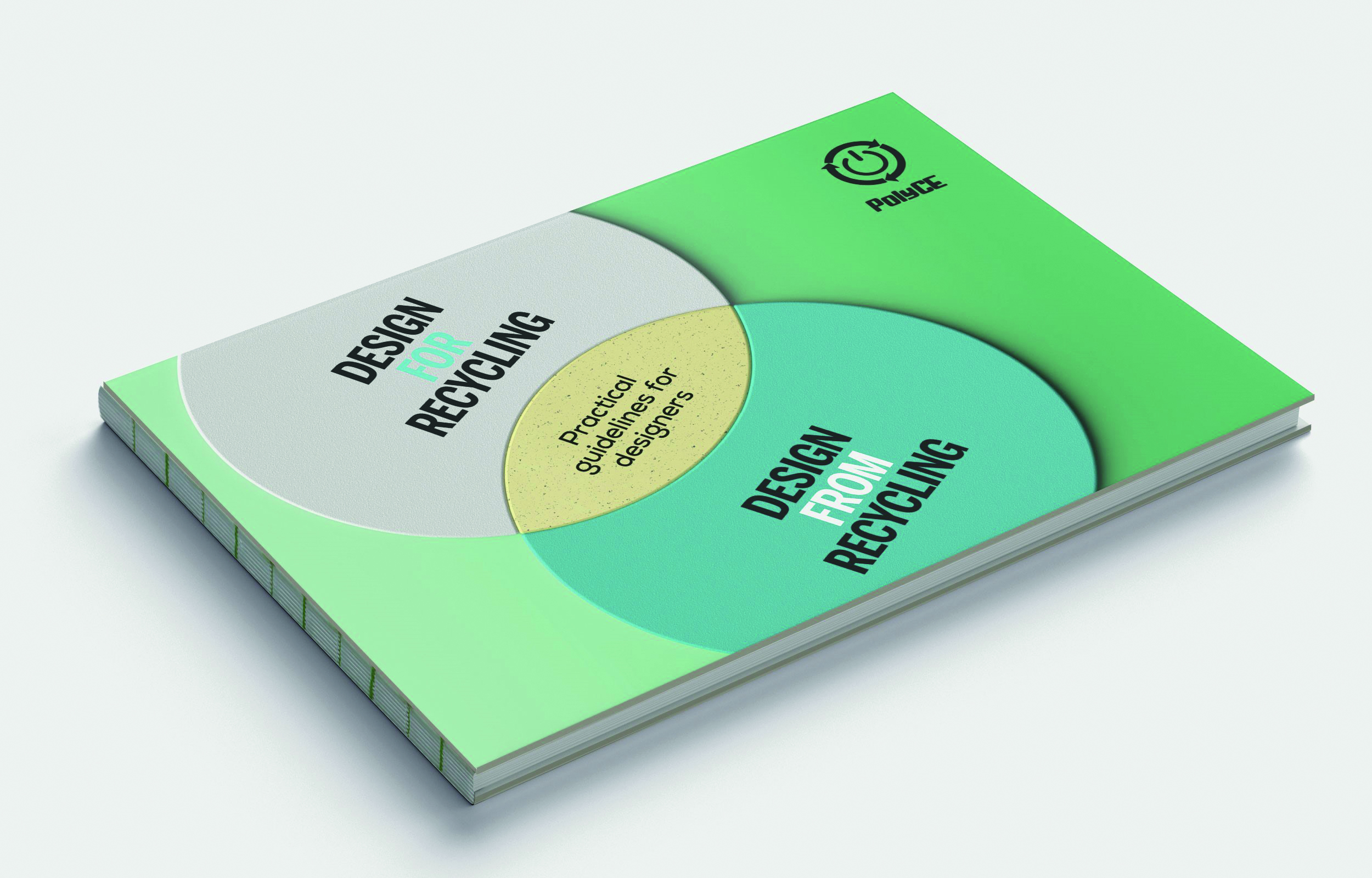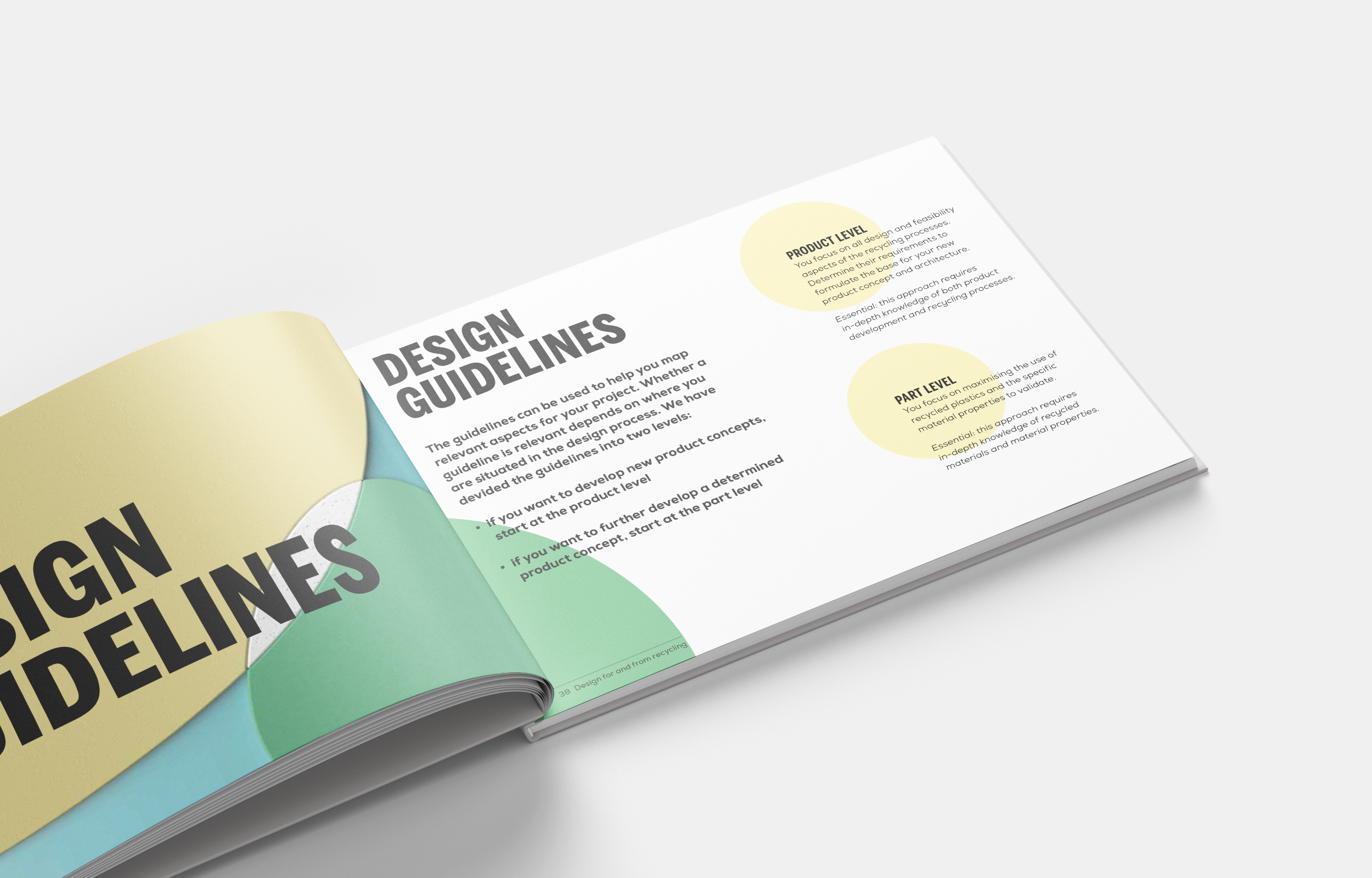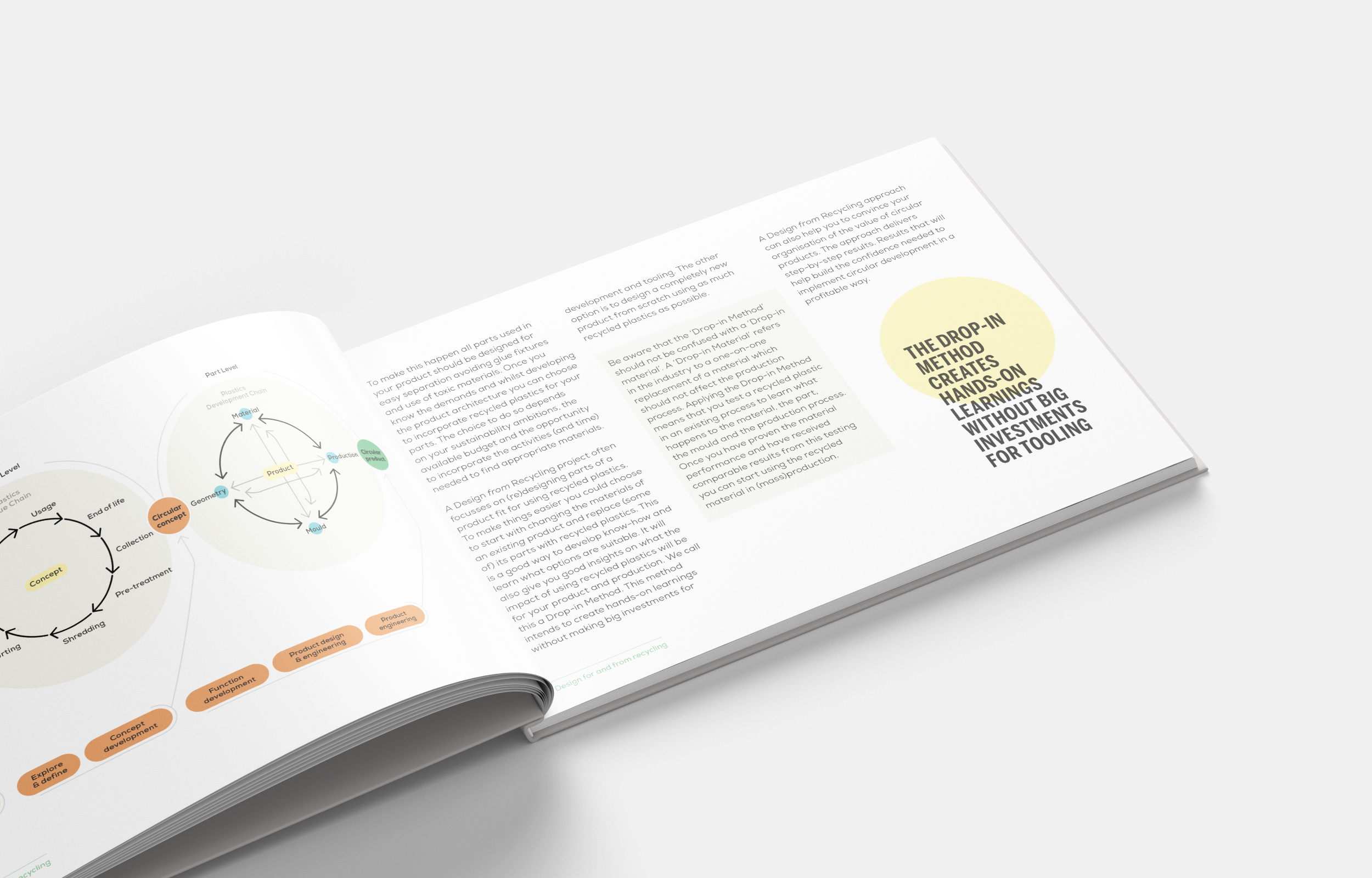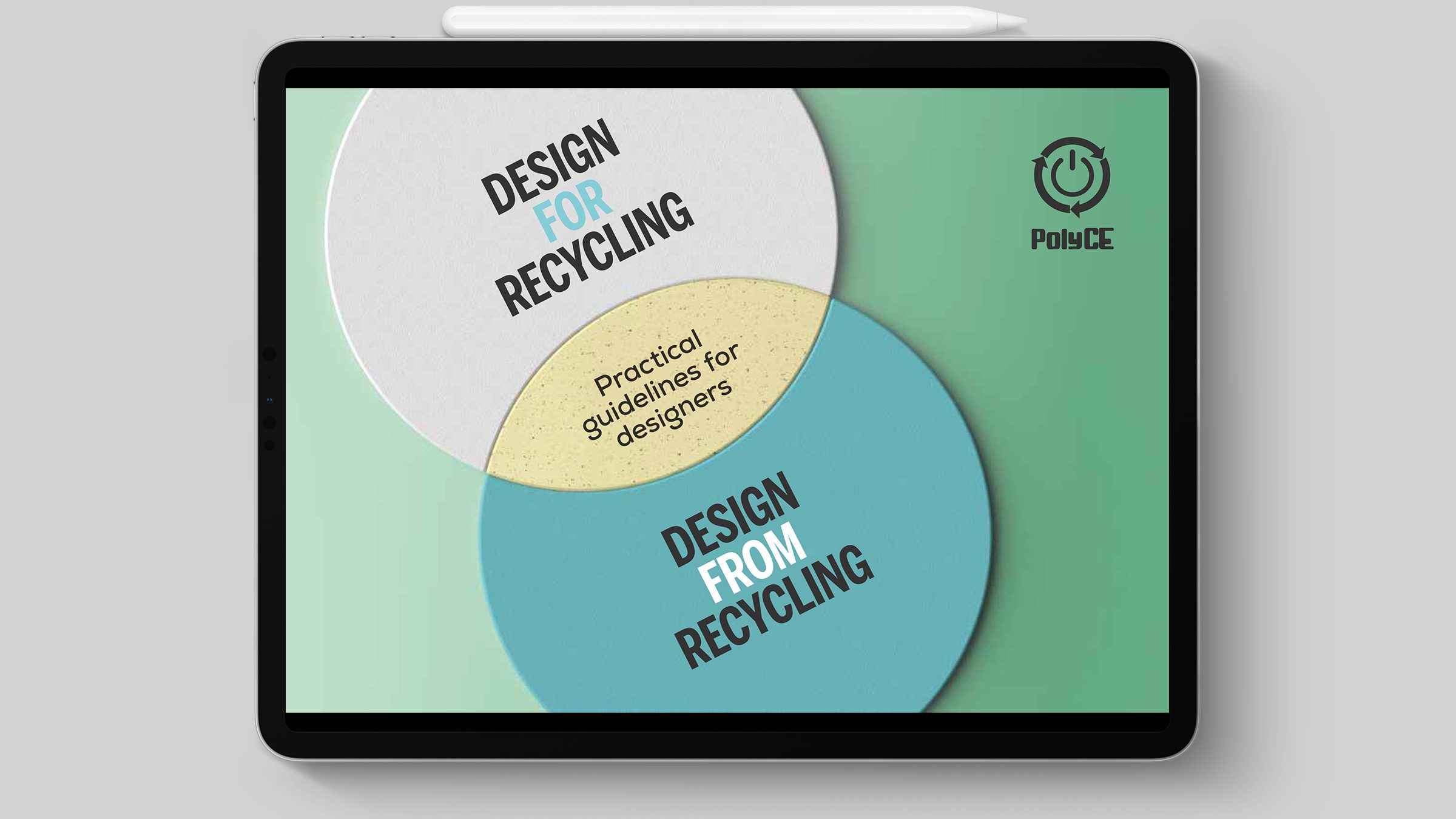Read more about the PolyCE project
Our colleagues Joop Onnekink, Jan-Paul van der Voet and Thijs Feenstra tell you all about the PolyCE project: what it entails, Pezy’s contribution to it, how we are going to implement the guidelines ourselves and how we will be able to support our customers in the transition to a more sustainable product portfolio.



Only by working together and attuning your own influence to the needs of the other players can we transform the value chain from a linear to a circular one.

Interview – PolyCE
- What does the PolyCE project entail?
PolyCE is the abbreviation for “Post-consumer high-tech recycled polymers for a circular economy”. It is a Horizon 2020-funded four-year project with the ambition to increase the use of recycled plastics in new electrical and electronic equipment. The consortium consists of 20 expert organizations covering the entire life cycle of high-tech plastics, including manufacturers, designers, WEEE collection companies, research institutions, and an NGO. - Why was Pezy Group asked to become part of the consortium?
Due to our many years of experience in researching and applying bio and recycled plastics, we have been asked to represent the role of “the designer” within the value chain. In addition, we already collaborated a lot with Philips and the University of Ghent, who had already indicated that they would be part of this. - Why did Pezy Group decide to participate in the project?
We are good at translating an idea into a product. Creating a product design as a designer actually means translating material properties into the properties of an application. Adjusting this material capacity is just one of the many steps within the complete value chain. All those other steps, such as converting a product back to usable materials, lie with other players. Only by working together and attuning your own influence to the needs of the other players can we transform the value chain from a linear to a circular one. We wanted to learn from the other parties how we can best serve them. We are also keen to be at the forefront of the market, especially when it comes to services in the field of plastics and plastics processing in (circular) product development. There is also a strongly increasing need for this among our customers. - What was Pezy Group’s contribution to the project?
We have examined in detail every step of the value chain over the past 4 years. We mainly acted as the collector of possibilities and impossibilities for the use of recycled plastics. Based on this complete overview, we have been able to develop tools to apply recycled plastics – design from Recycling – and to create a design that is suitable for getting the materials back to high quality – Design for Recycling. Together with a number of partners, we have translated this into a book; Practical guidelines for designers. So we have taken designers as a target group here because they play a key role in creating a product that facilitates the entire value chain and not just the production and use phase. In addition, we put it to the test by developing a marketable product based on the guidelines. They provide tremendous help for designers to take big steps that will help maximize the use of recycled plastics in high-performance electronic products and the degree of “recyclability”. - How will the guidelines be used in practice (by Pezy Group)?
We have been using them for some time at large multinationals, among others. Switching from linear to circular product development does not happen overnight. We offer assistance by means of the ‘drop-in’ method developed by us, with which the implementation of recycled plastics is embedded step by step in the production of existing or new high-quality consumer products. A very important transition because consumers, but also the European Union, are increasingly demanding that products be made from recycled materials.
With these new insights, is it possible for Pezy Group to better support its partners in making their portfolio more sustainable?
The “circular economy” may seem like “Mount Everest” to existing organizations simply because it is an enormously comprehensive and complex topic. This makes it difficult to determine where and how to start. With the insight we have gained, we provide these organizations with a clear starting point and guidance to take next steps. We always put it this way: We cannot make this circular journey any less big, but we can create a path that makes travel possible.
Download the PolyCE guidelines
